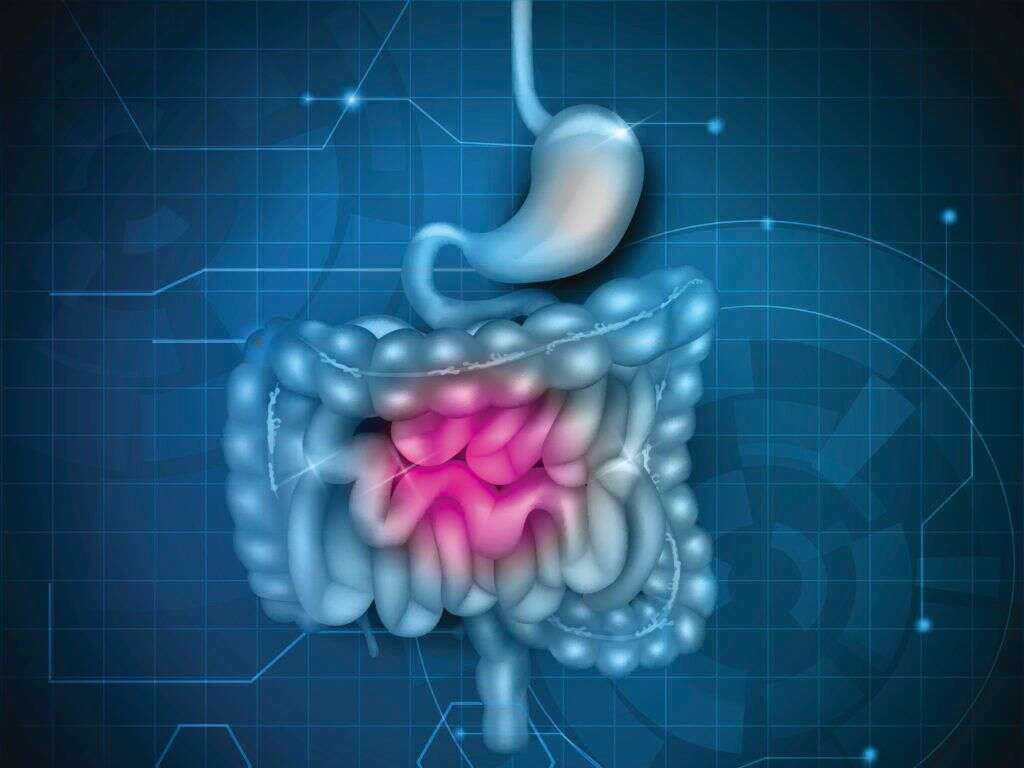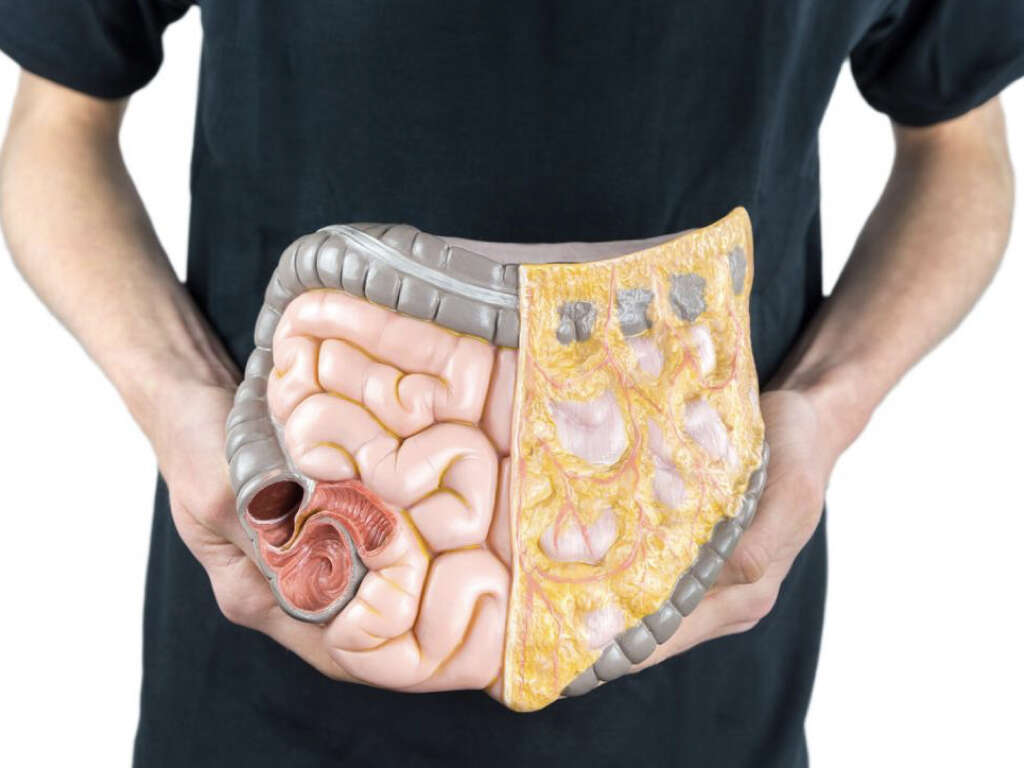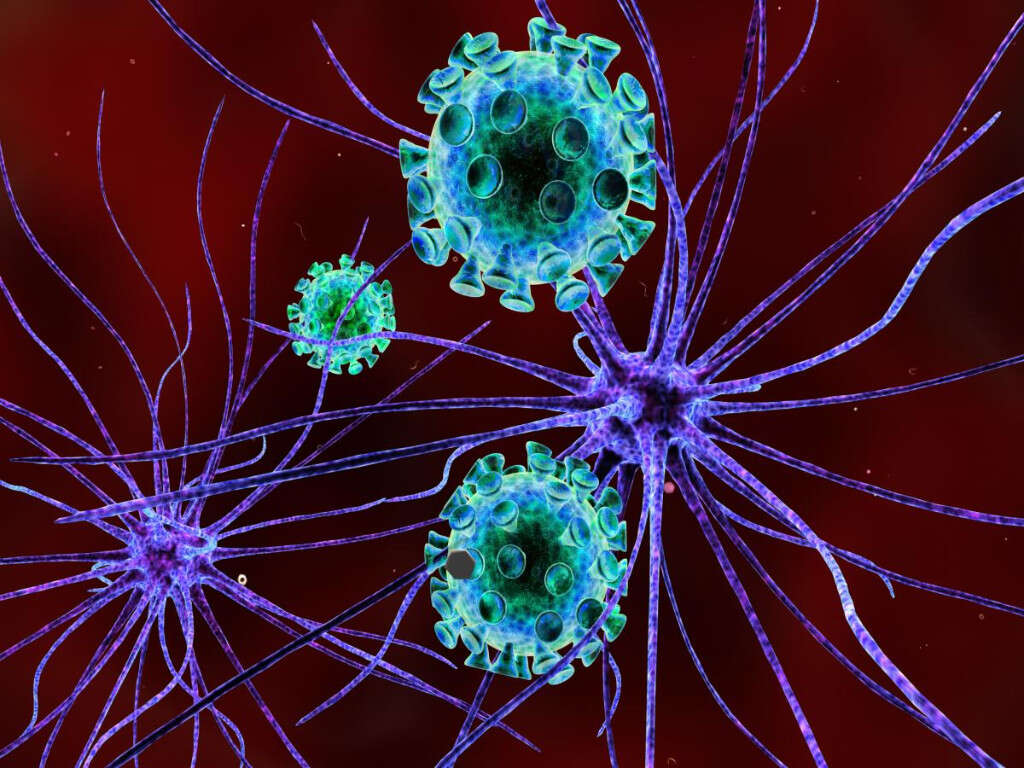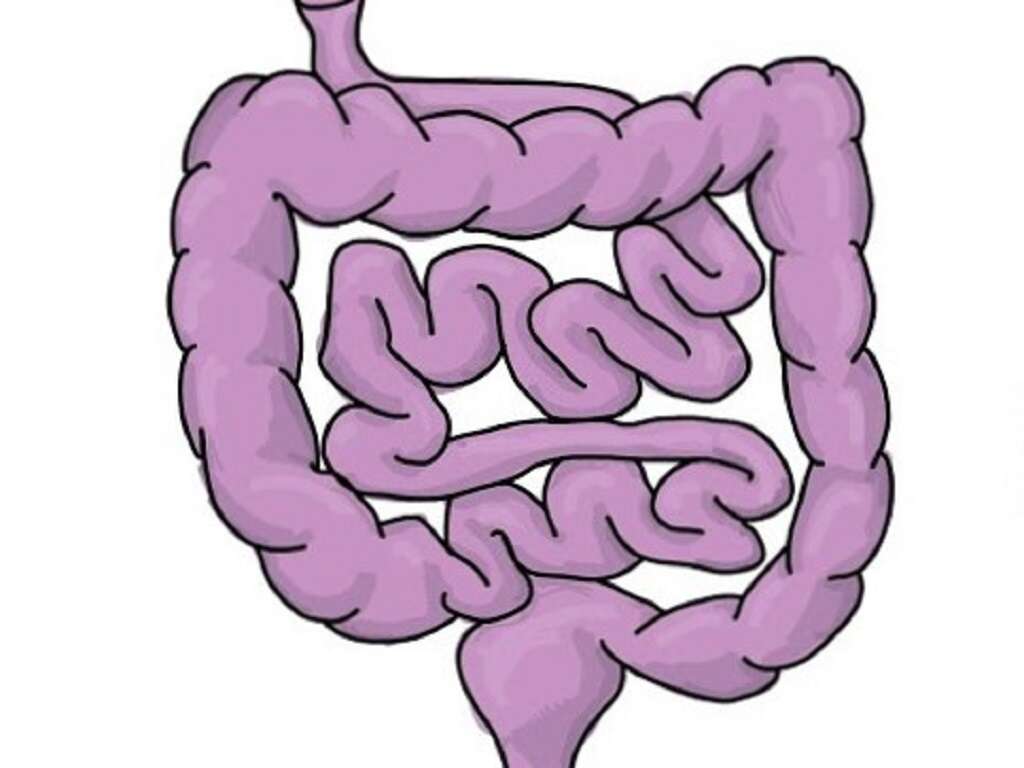10 Symptoms of Dysentery
Stomach problems are fairly common and do not usually cause concern. Often, we will just go to a pharmacy for remedies to help soothe the symptoms and the symptoms will usually clear up before too long. Sometimes, though, stomach problems can be a sign of something more serious.
Dysentery is an infection of the stomach and it can be caused by various pathogens. It is most commonly encountered in areas where hygiene is poor and people in impoverished zones can suffer the most. Dysentery can be treated but it can also be fatal if adequate treatment is not sought.
Symptom #1: Diarrhea
Our bodies cannot absorb nutrients from our food instantly. It takes some time, so our food usually passes through fairly slowly to give time for adequate nutrient absorption. This also gives the digestive system time to absorb sufficient water from what we eat and drink.
In cases of dysentery, though, the food will pass through quicker than it usually would. One of the most noticeable effects of this is watery stools as the body has not had enough time to absorb enough water. Severe diarrhea can lead to dehydration and malnutrition, and it can be dangerous to vulnerable people.
Symptom #2: Mild Stomach Ache
A mild stomach ache is not usually much to worry about. It is often caused by indigestion from eating the wrong type of food, or maybe from eating too much food. We will often overlook the symptom and wait for it to pass, which it usually would. Sometimes, though, it can be an indicator of something more serious.
A mild stomach ache is also an early symptom of dysentery. Although it is often overlooked to begin with, it is something that might be able to get an early diagnosis. If you do have a mild stomach ache along with other symptoms, you might want to consider seeing a doctor.

Symptom #3: Cramping
Cramping is involuntary spams in the muscles. It is often experienced in the limbs but can also be experienced elsewhere, such as in the muscles of the stomach. It can be very painful, potentially causing the patient to be bed-bound in considerable discomfort.
Cramping is a common symptom of dysentery. It can be very painful in some cases. However, these symptoms are often passed off as indigestion or something else not dangerous. If the pain does get too unbearable and it lasts too long, you should consider making an appointment with your doctor to get it checked out.
Symptom #4: Fever
Infections have the potential to cause havoc to the body. They can cause permanent physical damage and, in severe cases, they can even lead to death. With that in mind, the immune system does not like their presence in the body and will react to deal with the problem straightaway.
We have various defenses against infections, one of which is to raise a fever. This helps make the body so hot that the offending pathogen will struggle to survive. It is a line of defense that is often very effective and can literally save our lives; however, we may still need the support from antibiotics.

Symptom #5: Nausea
Every now and then, we may get a queasy, uncomfortable feeling that something isn’t right. Our stomach feels uncomfortable and we feel a little lightheaded, and the room might even begin to spin. This is a common symptom that we know as nausea, and it can be caused by a wide range of factors.
Patients with dysentery may well find that they will develop nausea. It can range from being mild to being enough to leave the patient debilitated. While we will often pass off nausea as not being something serious, you should arrange to speak with a doctor in severe cases.
Symptom #6: Vomiting
If there is something unwelcome in the body, we will generally need to have it removed. Depending on what it is, one method of removing is vomiting. It is crude and it is unpleasant, but it is also very effective. It helps to empty the contents of the stomach, helping to rid the body of whatever is making us ill.
Vomiting is a fairly common symptom of dysentery and will usually be accompanied by nausea. While it is helping in the sense that it is helping to rid the body of unwanted pathogens, it can also be detrimental to our health. Too much vomiting can lead to dehydration and malnutrition.

Symptom #7: Painful Stools
Visits to the bathroom are usually straightforward affairs. Our digestive system has evolved to process food and waste so efficiently and effectively that removing waste is easy for us. Even solids will usually pass through us with minimal effort, but some diseases can make this far more difficult than it usually is.
One symptom of dysentery is that it can become particularly painful to pass stools, despite them being watery and loose. This pain is often felt in the abdomen and also sometimes in the rectum. Such pains when passing stools are not normal and you might need to consider asking a medical professional for advice.
Symptom #8: Intense Abdominal Pain
Stomach pains are not unusual. Most of us will experience them occasionally, and we will not usually think of seeing a doctor. Often, we will often look to homemade remedies or maybe something from a pharmacy instead. If the pain does get particularly intense, though, then you may need a doctor after all.
While the stomach pains from dysentery will often start off mild, they can get a lot worse. The pain can become unbearable, and the patient will often know that it is no ordinary stomach ache. If you are experiencing abdominal pains that are more intense than usual then you should consider getting medical assistance.
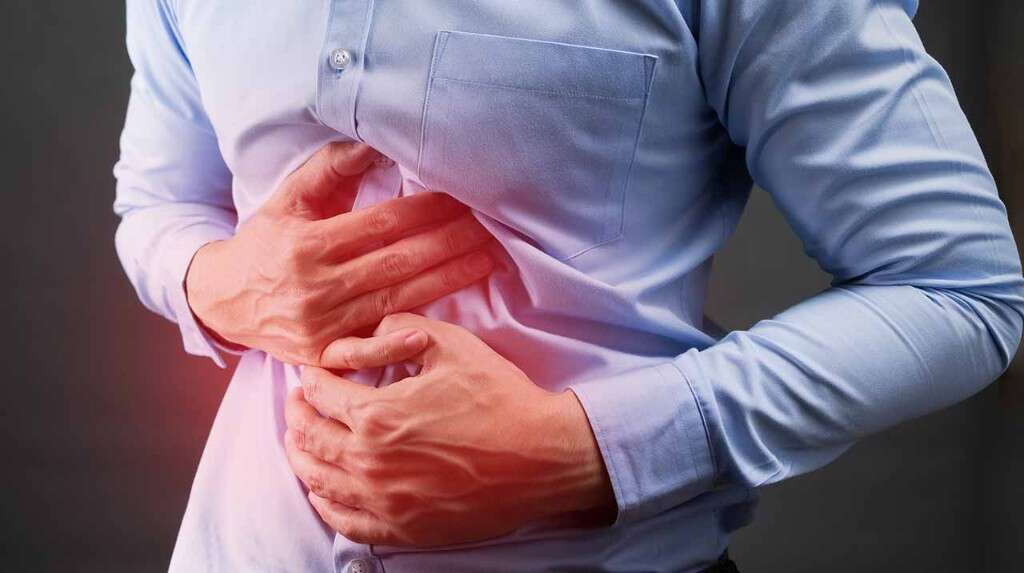
Symptom #9: Fatigue
Fighting off disease can be very, very hard work. Patients suffering from many conditions will often feel exhausted, even if they have been resting all day long. They won’t have the energy to do anything and will just want to continue resting for as long as they can.
This is because the body is working very hard behind the scenes to fight off the infection. It is using up valuable resources in fighting the infection, meaning there is less to go around for the rest of the body. In addition, symptoms like diarrhea and vomiting can also lead to nutritional problems, making the problems worse.
Symptom #10: Blood in Stools
The digestive system is essentially a long tube with various compartments. Food goes in at one end and eventually passes through the other end, after being heavily processed to allow us to get the nutrition that we need from it. Although the digestive system is fed a lot of blood, there is no reason for our food to actually come into contact with any blood itself.
As such, there should not be any blood in the stools. If there is then it might be down to minor tears in the anal canal and the rectum. At other times, it might be down to severe infections of the digestive system such as dysentery.






